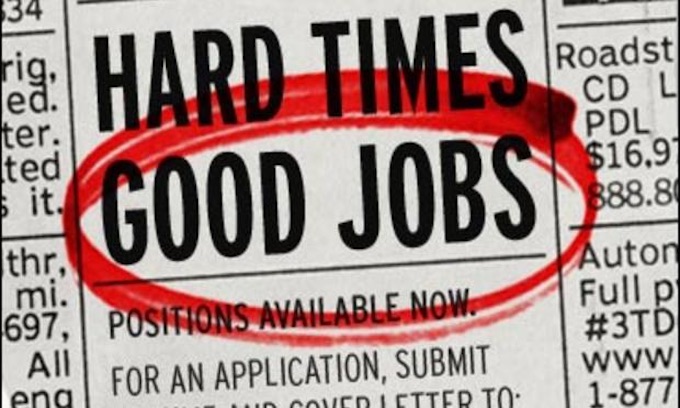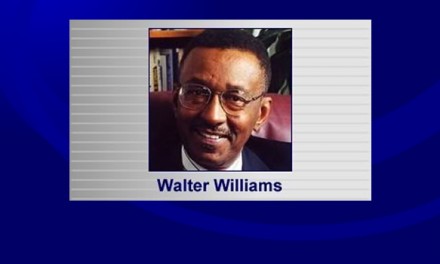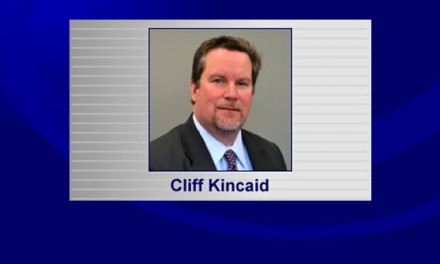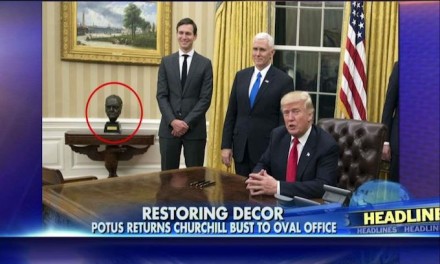Between today and November, political incumbents and their challengers will make a lot of promises to disgruntled voters. One of the most often repeated will be that, if elected, the first matter of business will be to create more jobs for the struggling economy and will give a lot to work to recruiting companies like this executive search firm nonprofit.
Across the U.S., the employment crisis is dire. Last week in Queens, New York City’s second most populous and most diverse borough, hundreds of young men slept on the streets and waited through the rain in the hope that they would get an application to the Plumbers Union Apprenticeship program. After resume reviews, tests and interviews, only a small percentage will qualify for the five-year program.
One job candidate explained why an estimated 1,200 endured the elements. Top union plumbing jobs pay $67 an hour, and the second tier positions pay $40. According the June Bureau of Labor Statistics report, a plumber’s mean average wage is $26.49. To learn more about what plumbers do, read more about Sarkinen Plumbing using the link.
Considering the bluster about job creation politicians put forward, they offer precious little in the way of tangibles about how they’ll improve the grim employment picture. One solution is addition by subtraction; that is, offer fewer employment-based visas to overseas workers.
Reducing such visas would, by definition, open up more jobs to unemployed or under-employed Americans. The State Department offers more than 50 different categories of work-related visas valid for hundreds of employment categories.
But even though last year’s high profile cases at Disney, Toys “R” Us, Southern California Edison and Abbott Labs proved conclusively that importing workers, specifically H-1B visa holders, displaces Americans and stagnates wages for those that still have a job, lobbying for more visas continues unabated. Rosario Marin, U.S. Treasurer under President George W. Bush, wrote in her recent Wall Street Journal op-ed that “American companies need high-skilled international workers, not only to compete, but to survive.”
Marin may not know that in Silicon Valley, tech layoffs during 2016’s first four months have more than doubled compared to the same period last year. Accordingly, hiring has slackened. The workers Marin wants to import would have no place to go unless they take an existing employee’s job. The Economic Policy Institute took a broader look at the economy and found that 2.6 million potential workers are neither employed nor looking for employment. EPI calls them “missing workers.”
Silicon Valley giants don’t have to go abroad to recruit talent. Plenty of it exists right in their back yard. Earlier this month, young techies came out in droves in the Bay Area with the hope of finding a good job. More than 5,000 college-aged students and interns registered for San Francisco’s annual Internapalooza jobs fair. The crowd included UC Berkeley, Carnegie Mellon, Georgia Institute of Technology, Duke and University of Pennsylvania graduates with degrees in computer science, computer engineering, software engineering and marketing.
Increasing the numbers of visas would be good news for employers because it means more cheap labor, but terrible for the young Americans who have invested hundreds of thousands of dollars in their educations. When the political class and the corporate elite advocate for more visas, they’re also supporting fewer jobs for Americans which begs the question: Why don’t elected officials care more about struggling citizens than they do about votes and corporate interests?
———
Joe Guzzardi is a Californians for Population Stabilization Senior Writing Fellow whose columns have been syndicated since 1987.
Joe Guzzardi ©2016 Joe Guzzardi and Capsweb.org. This column is distributed by Cagle Cartoons newspaper syndicate.
—-
This content is published through a licensing agreement with Acquire Media using its NewsEdge technology.



















Recent Comments